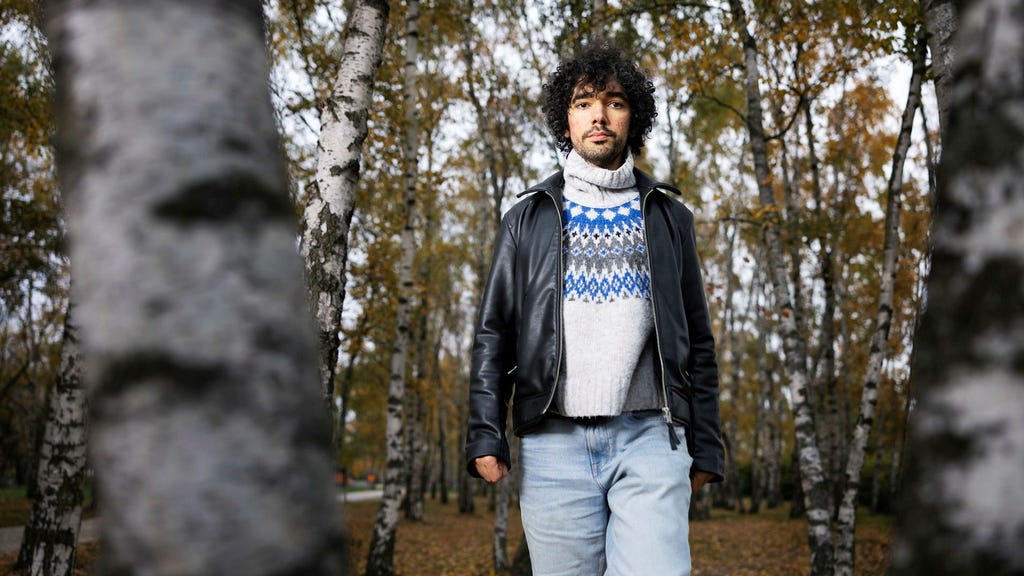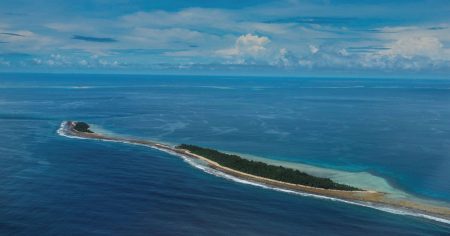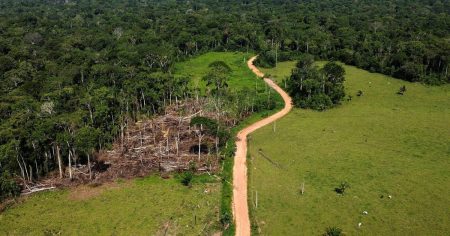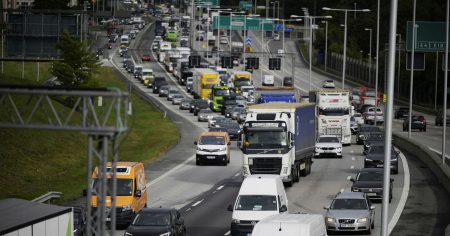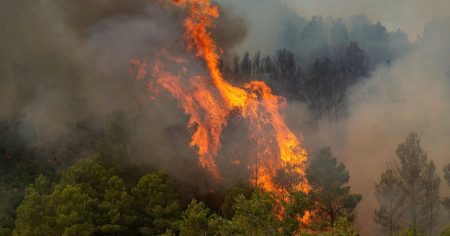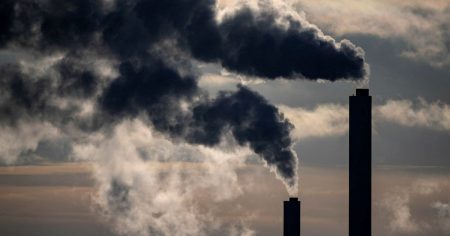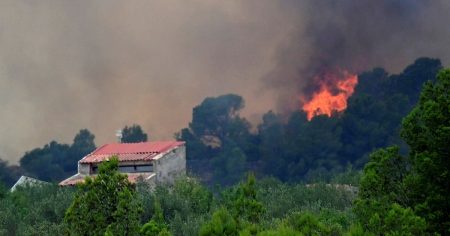Arshak Makichyan, an Armenian climate activist formerly residing in Russia, criticizes the European Union’s acquiescence to Azerbaijan’s ”greenwashing” tactics surrounding the COP29 climate summit held in Baku. Makichyan, having protested both climate change and the war in Ukraine in Russia, was forced to flee to Berlin after his activism made him a target. Now, he finds himself denied entry to the climate summit, despite having UN observer accreditation, due to his outspoken support for Armenians displaced from Nagorno-Karabach. He argues that Azerbaijan’s hosting of the summit, while simultaneously ignoring its human rights violations against the Armenian population, is a blatant attempt to portray a positive environmental image while continuing to profit from oil and gas exports. The EU’s willingness to overlook these violations, particularly given Azerbaijan’s strategic importance as a gas supplier replacing Russia, fuels Makichyan’s condemnation.
Makichyan draws parallels between the EU’s dependence on Russian gas prior to the Ukraine war and its current reliance on Azerbaijani gas, arguing that the EU is repeating the mistake of prioritizing energy security over human rights and democratic values. He highlights the hypocrisy of European leaders engaging with the Azerbaijani regime while over 100,000 Armenians remain displaced from their homes in Nagorno-Karabach. The EU’s swift agreement to import substantial quantities of Azerbaijani gas following the Russian invasion of Ukraine, cemented by Ursula von der Leyen’s visit to Baku and subsequent agreement, further solidified this dependence according to Makichyan. He emphasizes the open protest letter signed by numerous French politicians following this agreement, illustrating the growing concern over the EU’s approach.
The activist questions the rationale behind holding climate summits in countries heavily reliant on fossil fuel exports, citing both the UAE and Azerbaijan as prime examples. He argues that these countries have a vested interest in maintaining the status quo and are unlikely to push for meaningful climate action. Makichyan contends that Azerbaijan’s human rights record, characterized by the suppression of dissent and the absence of free and fair elections, should disqualify it from hosting such an important international event. He criticizes the international community’s silence on the displacement of the Armenian population from Nagorno-Karabach, emphasizing their long history in the region.
Makichyan’s personal experiences further underscore his commitment to activism. After fleeing Russia, he was stripped of his Russian citizenship, a punishment extended to his family as well. His father and two brothers were also rendered stateless and forced to leave Russia within days. This personal ordeal, coupled with the ongoing war in Ukraine and the displacement of Armenians from Nagorno-Karabach, solidified his belief in the importance of political engagement. Despite the hardships he faced, including living without a passport for a year, Makichyan remains resolute in his fight for climate justice and human rights. Having now obtained Armenian citizenship, he continues his activism from Berlin, shifting his focus from a career in music to studying international relations.
The backdrop of record-breaking warm temperatures in Berlin, mirroring the broader trend of rising temperatures across Europe, emphasizes the urgency of climate action. Makichyan views the EU’s continued engagement with authoritarian regimes like Azerbaijan as a form of self-imposed vulnerability. He believes the EU possesses the potential to adopt a more principled approach that prioritizes human rights and democracy over short-term energy needs. His story highlights the interconnectedness of various global issues, demonstrating how geopolitical conflicts, human rights violations, and the climate crisis are intertwined. It raises crucial questions about the effectiveness of international institutions and agreements in addressing these complex challenges.
The COP29 climate summit in Baku becomes a focal point in this narrative, representing the tensions between international diplomacy, energy security, and human rights concerns. The decision to hold the summit in Azerbaijan, despite its authoritarian nature and dependence on fossil fuels, has drawn criticism from various human rights organizations. Makichyan’s denied entry to the summit further underscores the challenges faced by activists and civil society organizations in holding governments accountable. His story serves as a stark reminder of the human cost of political decisions and the ongoing struggle for a more just and sustainable world.





